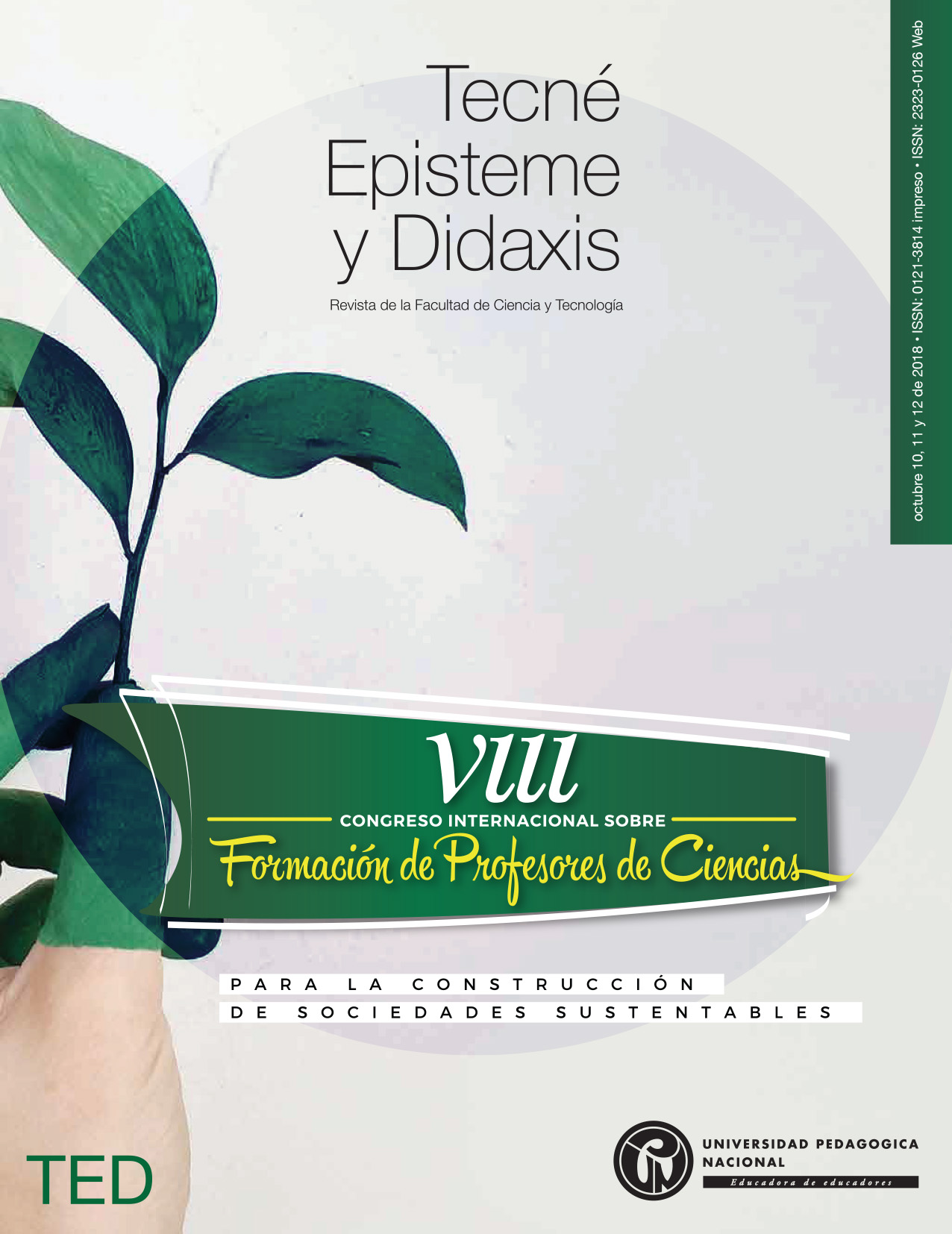S703 O conhecimento meta-estratégico de futuros professores de física em uma atividade argumentativa
Resumen
Estudos envolvendo a argumentação e os diferentes objetivos para a educação científica têm se diversificado em torno de propostas de sequências de ensino. A literatura, por sua vez, destaca a importância do ensino da argumentação e ressalta diferentes obstáculos para sua implementação nas aulas de ciências, entre eles a formação docente. Entre os saberes, se destaca a consciência do uso de estratégias de pensamento durante a argumentação, particularmente o conhecimento meta-estratégico. Este estudo objetiva identificar categorias desse tipo de conhecimento mobilizados durante uma atividade em um curso de formação de professores de física. Como resultados a partir das falas dos participantes observamos 3 categorias relativas a nomear a estratégia de pensamento; apresentar a natureza das evidências e expressar de forma consciente componentes do argumento.
Citas
BRANSKY, J., HADASS, R., & LUBEZKY, A. (1992). Reasoning fallacies in preservice elementar school teachers. Research in Science & Technological Education, 10 (1), 83–92.
BROWN, A. L., & CAMPIONE, J. C. (1990). Communities of learning and thinking, or a context by any other name. In D. Kuhn (Ed.), Developmental perspectives on teaching and learning thinking skills. Contribution to Human Development, 21, 108–126.
DRIVER, R., NEWTON, P., & OSBORNE, J. (2000). Establishing the norms of scientific argumentation in classrooms. Science Education, 84(3), 287–312.
HABERMAS, J. (1981). The Theory of Communicative Action. Boston, MA: Beacon Press.
JIMÉNEZ-ALEIXANDRE, M. P.; ERDURAN, S. (2007) Methodological Foundations in the Study of Argumentation in Science Classrooms. In: Argumentation in Science Education: perspectives from classroom-based research. Springer. 2007.
KUHN, D. (1993). Science as argument: Implications for teaching and learning scientific thinking. Science Education, 77, 319–337.
LEACH, J., HIND, A., & RYDER, J. (2003). Designing and evaluating short teaching interventions about the epistemology of science in high school classrooms. Science Education, 87(3), 831–848.
MORAES, R.; GALIAZZI, M. C. (2011) Análise Textual Discursiva. Ijuí: Ed. Unijuí.
NORRIS, S. P., & PHILIPS, L. M. (2003). How literacy in its fundamental sense is central to scientific literacy. Science Education, 87, 224–240.
OLIVEIRA, W. C. (2013) Ensinando sobre a Natureza da Ciência: uma abordagem explícita e contextualizada a partir da História do Vácuo. Dissertação apresentada ao Programa de Pós-Graduação em Ensino de Ciências Naturais e Matemática-UFRN. Natal.
SANDOVAL, W. A. (2005). Understanding students’ practical epistemologies and their influence on learning through inquiry. Science Education, 89(4), 634–656.
SHULMAN, L. S. (1986). Those who understand: Knowledge growth in teaching. Educational Researcher, 15, 4–14.
TIBERGHEIN, A. (2007). Methodological Foundations in the Study of Argumentation in Science Classrooms. In: Argumentation in Science Education: perspectives from classroom-based research. Springer. 2007.
ZEMBAL-SAUL, C., MUNFORD, D., CRAWFORD, B, FRIEDRICHSEN, P., & LAND, S. (2002). Scaffolding preservice science teachers’ evidence-based arguments during an investigation of natural selection. Research in Science Education, 32, 437–463.
ZOHAR, A. (2004). Higher order thinking in science classrooms: Students’ learning and teachers’ professional development. Dordrecht, The Netherlands: Kluwer Academic.
ZOHAR, A. (2007). Methodological Foundations in the Study of Argumentation in Science Classrooms. In: Argumentation in Science Education: perspectives from classroom-based research. Springer. 2007.























